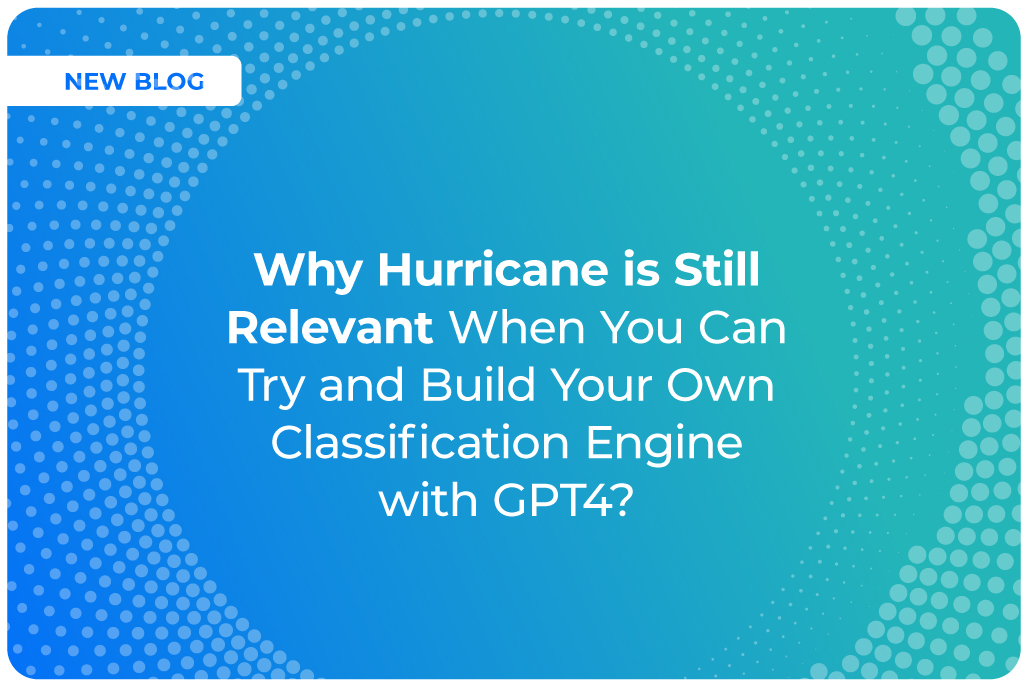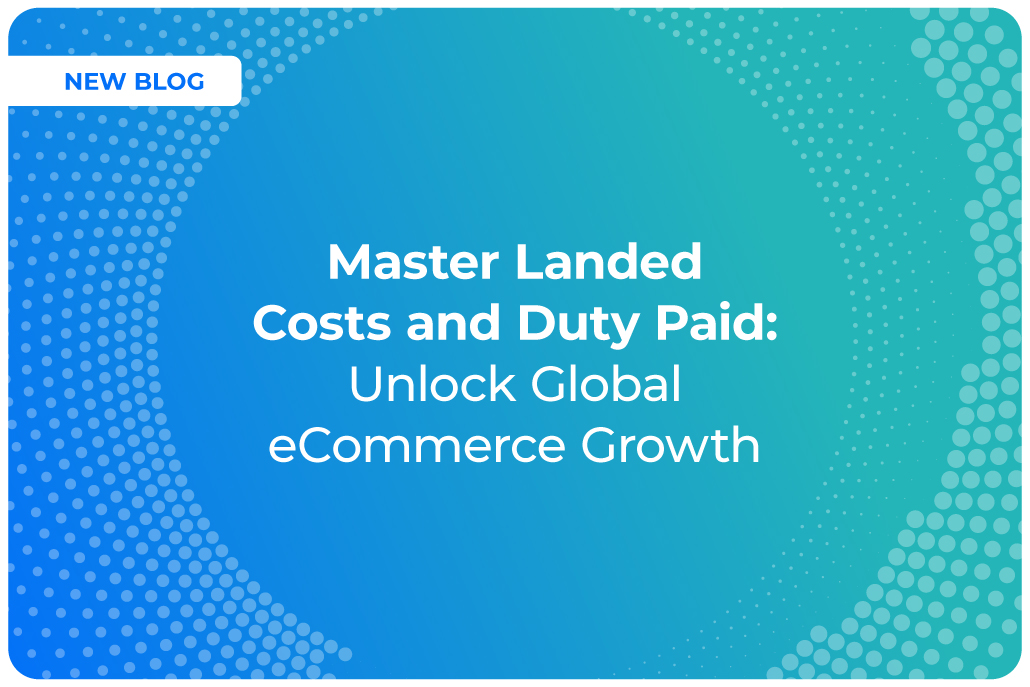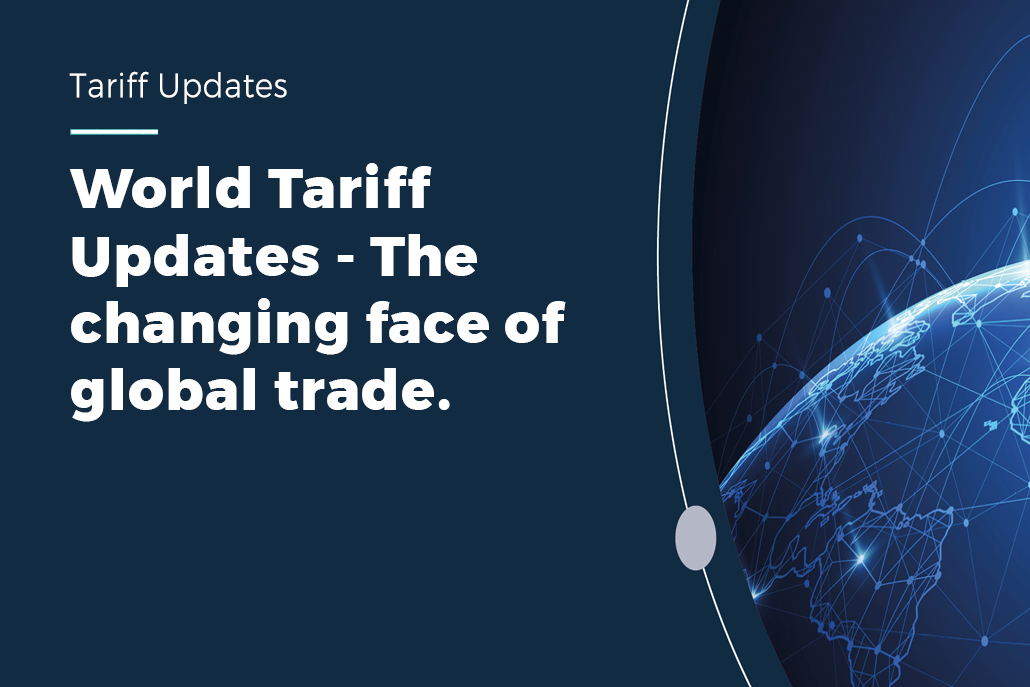Today (July 1) marks the latest major change affecting the complex world of cross-border eCommerce.
It sees the removal of the de minimis value whereby no VAT is paid on goods of a value of up to €22, making all imports subject to European Union VAT rates.
The VAT amount applicable is subject to the local VAT rate of the customer’s delivery country (destination country). The exemption from customs duties on imported goods below €150 will remain in place and will only be applicable on goods with an intrinsic value of more than €150.
To assist third country online retailers and marketplaces, the EU is simultaneously launching the Import One-Stop Shop – or IOSS for short.
The application of the IOSS portal is intended to facilitate a simplified process for the declaration and payment of VAT from either the EU or a non-EU country.
The message is simple – those who are best prepared will be the ones in pole position to secure and grow their cross-border eCommerce sales.
To implement the IOSS, businesses will have to register on the IOSS portal of any EU member state. This electronic portal will hold businesses responsible for charging and collecting VAT, meaning the consumer will be charged VAT at the point of purchase, subject to their local VAT rate.
With this in place, it will enable quicker clearance times at border control, leading to efficiency gains and cost savings for businesses. Just as important, it will ensure high levels of consumer satisfaction, avoiding the issue of any doorstep shocks.
If a business is non-EU based, it will have to appoint an EU-established intermediary to fulfil its VAT obligations of collection, payment and declaration of VAT under IOSS. This intermediary, or VAT agent, will represent them with the IOSS portal and will share the responsibilities of the supplier for return submissions of VAT payments under the IOSS scheme.
Once registered on the IOSS portal, a unique IOSS identification number will be assigned to you. This number will need to be put on all packages under €150 sent to the EU. VAT will then need to be calculated and charged to the customer at the point of purchase with the invoice submitted with the package at customs. IOSS returns must be filed on a monthly basis either directly or through the intermediary and a record kept by the business.

As the IOSS is not mandatory, if a business chooses to opt out of registering to the online portal, their cross-border operations may face challenges. Since they are not registered, VAT will not be charged or collected at the point of sale, meaning consumers will have to pay this fee at the point of import.
This may lead to delayed clearance of the consumer’s goods and unexpected fees of import VAT or other handling fees being charged.
Faced with these additional charges, consumers may refuse to pay to have their goods released from customs resulting in an unpleasant and unsatisfactory experience for the consumer and a potential loss to the business. It will also make the consumer less likely to return to the online seller in the future.
The changes to EU VAT are primarily about creating a level playing field and fair competition between EU and non-EU eCommerce players. Major cross-border trading countries such as China, the US and the UK will be among those most impacted by the changes.
Hurricane has been working closely with its customers, including postal operators, carriers, retailers and marketplaces, enabling them to be ready for July 1.
The provision of complete and valid product and shipment data is essential in order to make use of the IOSS and to take advantage of the simplified process that the new portal allows.
But while many businesses have undoubtedly put in place robust processes and systems to meet the new requirements, many others will be playing catch-up over the coming weeks and months as they come to realise the disadvantages of not being prepared.













